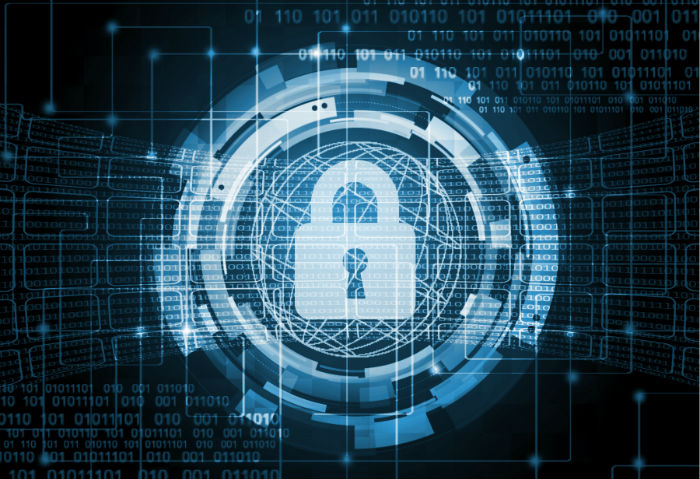Leveraging ICT tools for effective and safe working: how I engage ODC team during remote work
Getting things done is hard during challenging times when we probably seem living in a busy world. Relatively, remote working is suddenly seen replacing social norm practice which is not something that we can adapt or learn quickly overnight. Every move is a step to the next progress. Every time is a learning curve. Either by default or design, achieving tasks require collaborative support from the team. These could happen to result from both technical and emotional assistance.
To start with, in the times of pandemics, my adapted working habit is indifferent from the rest of my colleagues at Open Development Cambodia (ODC). Basically, everyone shares similarities with regard to the working environment and atmosphere. We use and leverage Information and Communication Technology (ICT) tools to stay informed and connected with each other. Importantly, we always reach out and support one another as well as meet virtually.
ICT pool
Generally speaking, there is no perfect tool built on the planet that suits everyone, while most ICT solutions intend to rely on “user-friendly” and “popularity trend” as main indicators. Likewise, my most anticipated approach to remote working is building an online pool or cloud document where we can gather and share useful ICT information and also where my teammates could input their favorite one.
In the digital age, if I just google, there are plenty of online tools out there that could be found in free and paid versions. To this, I even could not conclude which one is a good and bad platform for everyone while sometimes it solely depends on how digital literate he/she is and how long he/she is familiar with the tools. Notably, a non-profit organization like us has to maximize and leverage ICT resources. One thought that the ODC team often decides is to choose the tools based on the essential need and priority of the organization. In early June 2020, for instance, we have just subscribed to Zoom for hosting various webinars and virtual conferences.
To give an overview how many ICT tools I everyday use to virtually connect with teammates and stakeholders, the following table lists important tools that I categories it into two main sections: (1) the tools used for communication purpose and (2) the tools used for organizing project management.
Name | Communication & Browser | Project management |
√ |
| |
√ | √ | |
| √ | |
| √ | |
| √ | |
√ |
| |
√ |
| |
√ |
| |
√ |
| |
| √ | |
√ | √ | |
√ |
| |
| √ | |
| √ | |
| √ | |
| √ | |
| √ | |
| √ | |
√ |
| |
√ |
|
The collection above is mainly my core connecting platforms. But, due to the rapid growth of technology, I need to go the extra mile as well while working with a mass audience. Thus, I cannot solely be depending on a bunch of those tools. Throughout the current experiences, I sometimes need to be flexible and always have to learn new technology in order to conveniently communicate with different groups. In other words, this is a so-called learning curve in the time of the internet era.
Encryption
Encryption is simply known as the process of converting information or data into a code as well as to prevent unauthorized access. Encryption is one of the hot topics in the area of digital security. In this context, I often request and turn into a secure platform when we realize that our communication is being wiretapped and/or being monitored. For example, I always use Signal for call and messaging and GPG for email encryption, whenever connecting with journalists and activists. And for internet browsing, I use Brave and Tor Browser.
In addition, I am sharing some well-known and useful websites that I often consult with about the topics of digital security and privacy protection.
- Electronic Frontier Foundation, https://www.eff.org/
- Secure Messaging Apps Comparison, https://www.securemessagingapps.com/
- Security Planner, https://securityplanner.org/
Lifelong learning
I am tech-savvy. I never stop learning and sharing my knowledge with my ODC colleagues and friends over ICT tools and related topics. I am using “Digital for Good” to leverage and improve the lives of my people, in particular, the most marginalized and vulnerable group.
The blog is written by Mr. KUN Chenda, Former ODC Program and Content Manager.



